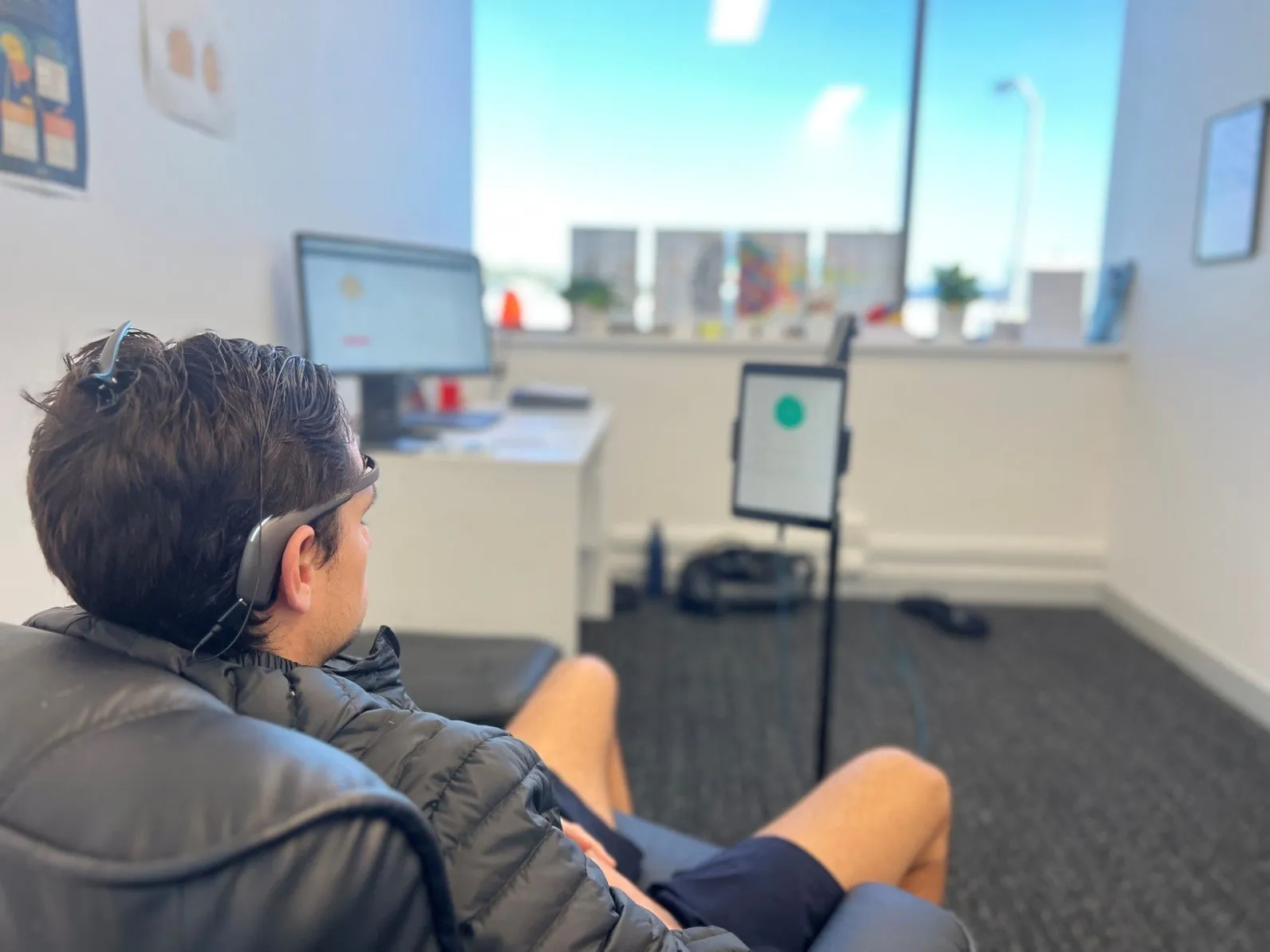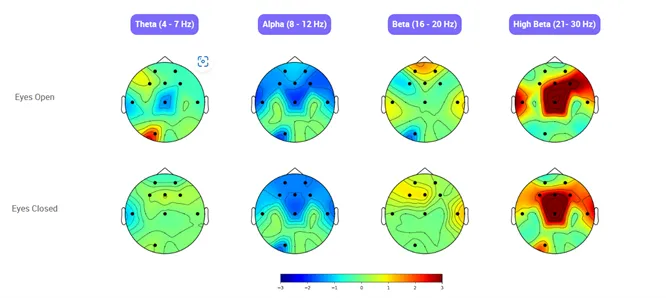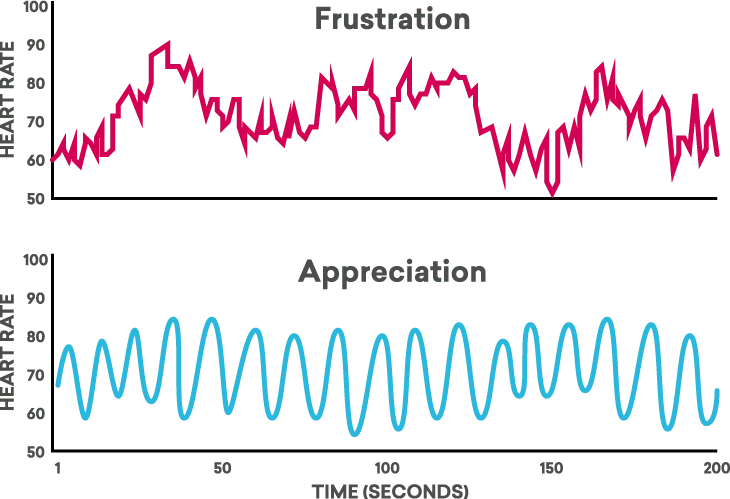Neurofeedback & Stress
Optimise Your Brain = Optimise Your Life
Neurotherapy Australia was established in 2022. Focused on making Neurotherapy accessible to those needing it the most, we partner with therapists and coaches to work together in bringing Neurotherapy into homes all over the country.

Why neurofeedback & Stress?
Neurofeedback is beneficial for stress management due to its ability to train the brain to regulate its own activity, leading to improved stress resilience and coping mechanisms.
Following an initial assessment, we tailor our programs specific to your or your child's brain data gathered and your goals.
Contact us to book in for the initial assessment.
What are some of the benefits neurofeedback?
1. Stress Reduction: Neurofeedback can help individuals reduce stress levels by training the brain to self-regulate and achieve a calmer state. By providing real-time feedback on brain activity, individuals can learn to recognize when their brain is in a state of stress and develop strategies to shift to a more relaxed state.
2. Improved Emotional Regulation: Neurofeedback can assist in improving emotional regulation by teaching individuals how to better control their responses to stressors. By learning to modulate brain wave patterns associated with heightened emotional states, individuals can develop greater resilience and cope more effectively with stress.
3. Enhanced Cognitive Functioning: Chronic stress can impair cognitive functioning, including memory, concentration, and decision-making abilities. Neurofeedback training has been shown to enhance cognitive performance by optimizing brain wave patterns associated with attention, memory, and executive functioning. This can help individuals better manage stressors and maintain mental clarity during challenging situations.
4. Better Sleep Quality: Stress often disrupts sleep patterns, leading to insomnia or poor sleep quality, which in turn can exacerbate stress levels. Neurofeedback has been found to promote better sleep by helping individuals achieve a state of relaxation and reducing hyperarousal. By training the brain to produce the appropriate brain wave patterns conducive to restful sleep, neurofeedback can contribute to overall stress reduction.
5. Long-Term Resilience: Through repeated sessions, neurofeedback can promote long-term changes in brain function that support resilience to stress. By strengthening neural pathways associated with adaptive stress responses and emotional regulation, individuals can develop a more resilient mindset and better cope with future stressors. This can lead to lasting improvements in overall well-being and quality of life.


What can stress look like on a sqEEG brain map?
There are certain indicators that can point the finger towards a stressed brain. One is the amount of hi-beta brainwaves occurring in the brain, with both eyes open and/or eyes closed.
What else can you do for stress?
We understand stress and the effects it has on our physical and mental health. This is why we don't just offer neurofeedback but also, we measure your HRV (heart rate variability) and work with you to begin to change your heart's rhythmic pattern. When doing this we can have a profound impact on both our physical and mental health.

© 2025 Neurotherapy Australia - All Rights Reserved.
